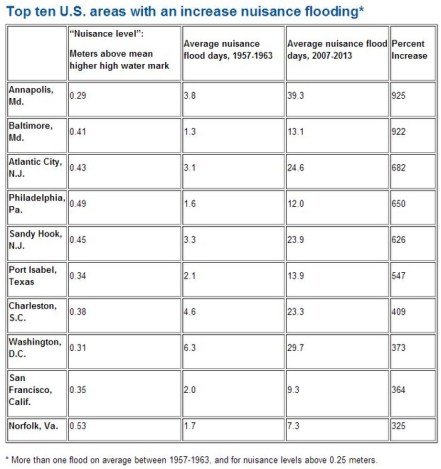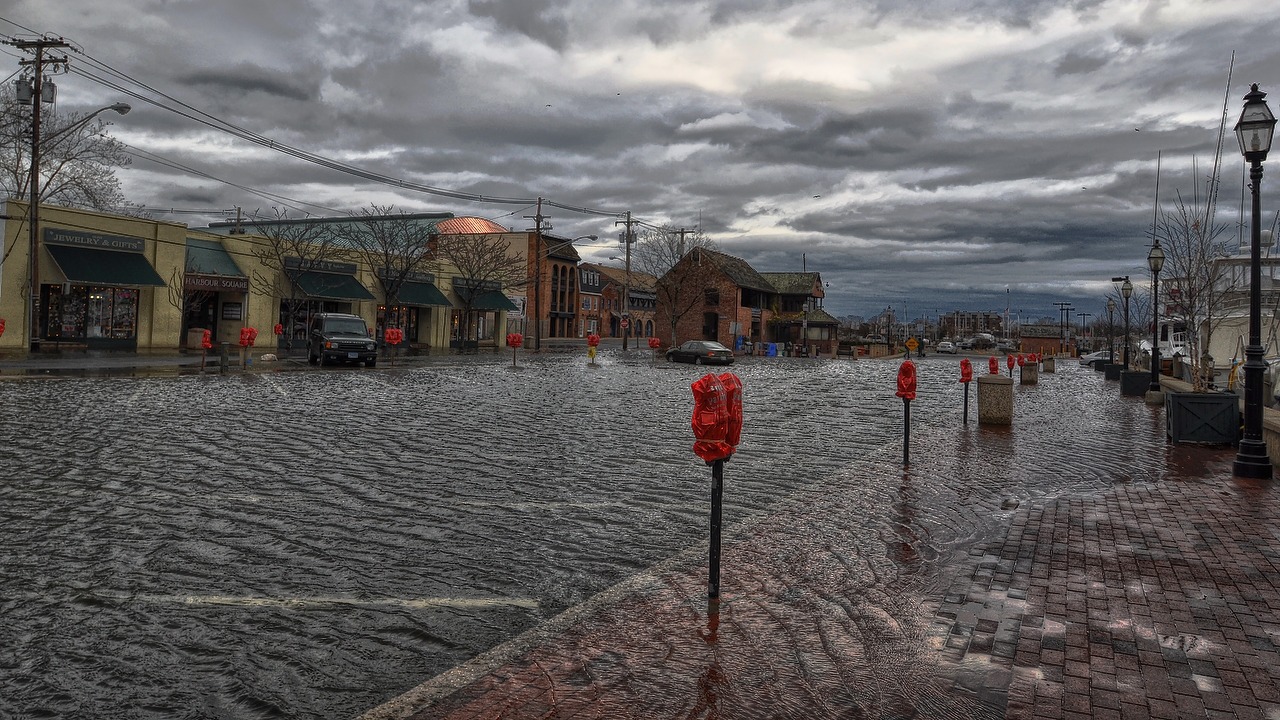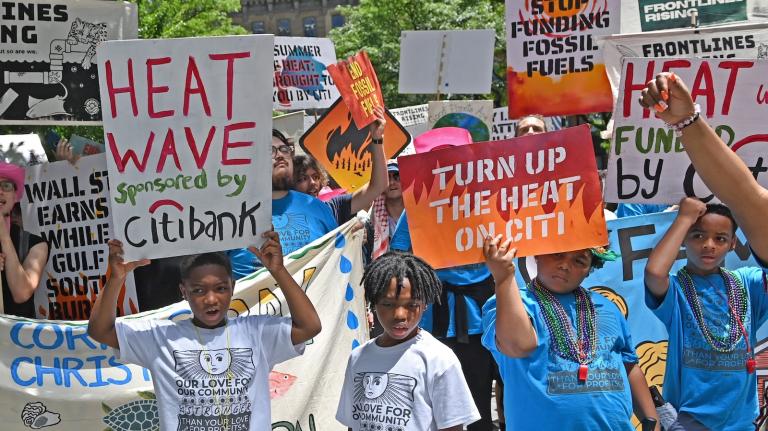What’s the most pernicious climate-change threat facing the U.S. in the years to come? It might not be lung-scorching air pollution, less-nutritious crops, or super-fueled wildfires, but rising sea levels repeatedly swamping coastal cities, according to a new NOAA report.
The number of “nuisance flooding” days in the U.S. has shot up markedly since the middle of last century, by as much as 925 percent in Annapolis and 922 percent in Baltimore. And as the oceans continue to swell — a byproduct of melting glaciers and the heat expansion of water — we can expect these waterlogged days to become yet more common, especially on the East Coast, says the report’s lead author, William Sweet.
“Flooding now occurs with high tides in many locations due to climate-related sea-level rise, land subsidence and the loss of natural barriers,” Sweet says. “The effects of rising sea levels along most of the continental U.S. coastline are only going to become more noticeable and much more severe in the coming decades, probably more so than any other climate-change related factor.”
Nuisance flooding occurs during high tides and often shuts down traffic, closes businesses, and hastens the deterioration of streets, railways, and auto underbellies with saltwater corrosion. These events are troublesome to communities when they’re minor; when amplified by drenching downpours and wind-driven tidal surges, they can become ghastly fiascos for waterfront communities. As one Annapolis resident told the media after a particularly nasty nuisance flood in December 2012: “This was completely unexpected. This is higher than Sandy.”
By looking at data from the 1960s onward, Sweet’s team found that nuisance flooding is on the rise on all three U.S. coasts but is hitting certain places much harder. The Atlantic shore around the vicinity of Chesapeake Bay is enjoying frequent trips to the dunk tank because the land there is also sinking (partly due to groundwater pumping). That’s why Norfolk is on NOAA’s list of the nation’s top-10 nuisance-flood areas; for various other reasons, so is Atlantic City, Philadelphia, and Washington, D.C. Down South there’s been a 547 percent rise in flood days in Port Isabel, Texas. And waves lapping at smart-car tires is increasingly becoming the soundtrack for San Francisco, with a 364 percent bump in flood days.
Here is that top-10 list; for even more detail check out the full, quite-large report:

 This story was produced by The Atlantic’s CityLab as part of the Climate Desk collaboration.
This story was produced by The Atlantic’s CityLab as part of the Climate Desk collaboration.




